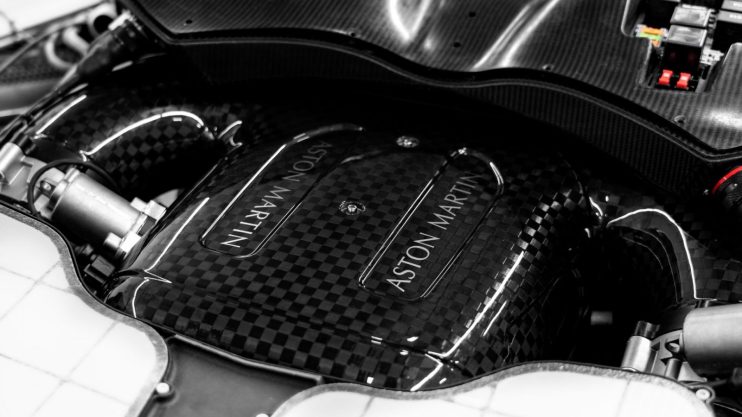Aston Martin sales spike as pandemic pushes the pedal on luxury purchases

Aston Martin sales swelled more than 80 per cent last year, after the pandemic pushed the pedal on the luxury carmaker’s success.
The luxury carmaker sold a little over 6,180 vehicles in the 12 months period, with an increase of affluent buyers investing in cars and private jets amid the pandemic’s travel restrictions.
Shares lifted 4.2 per cent to 1,429p per share by mid-afternoon.
“I am extremely pleased that our core business has delivered to plan with over 6,000 core wholesales in the year whilst driving inventory to levels that are appropriate for an ultra-luxury business,” executive chairman, Lawrence Stroll said.
“It is a very long time since the core business was in such good health as it is today.”
The trading result assured the chairman that Aston Martin will likely hit revenues of around £2bn by 2024/25. However, delays to deliveries of the carmaker’s £2.5m hypercar will hit profits, it said, after it delivered fewer Valkyrie models than expected in December.
The lower number weighed on Aston Martin’s full-year adjusted earnings before interest, taxes, depreciation and amortisation, which are set to be around £15m lower than expected.
CEO Tobias Moers urged that brand desirability is strong, as it continues to pull in new customers despite its lofty price tag.
“There is also tremendous demand for our limited editions including the two times oversubscribed Aston Martin Valkyrie Spider, launched in August, and the plug-in hybrid super car Valhalla,” he said.
“In addition, we have taken aggressive action on improving the efficiency and profitability of the business, through Project Horizon.”
The carmaker’s SUV model, DMX, has also snagged an around 20 per cent share of the luxury SUV market.